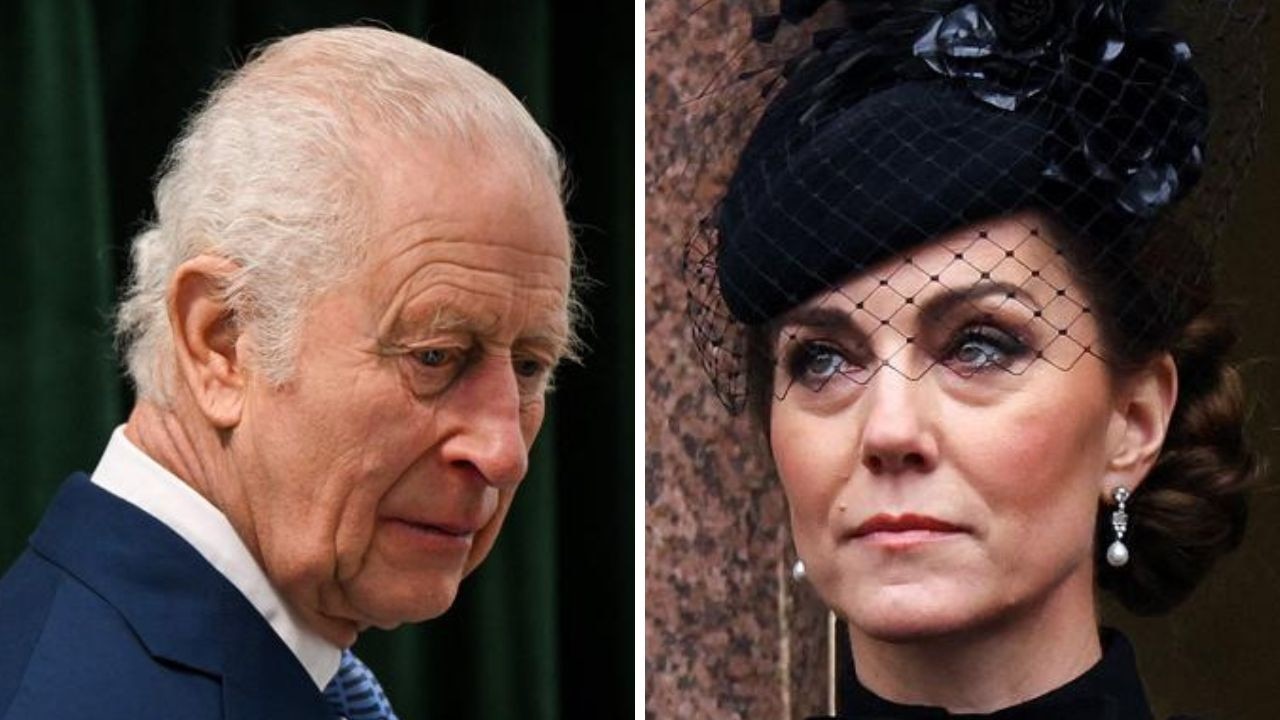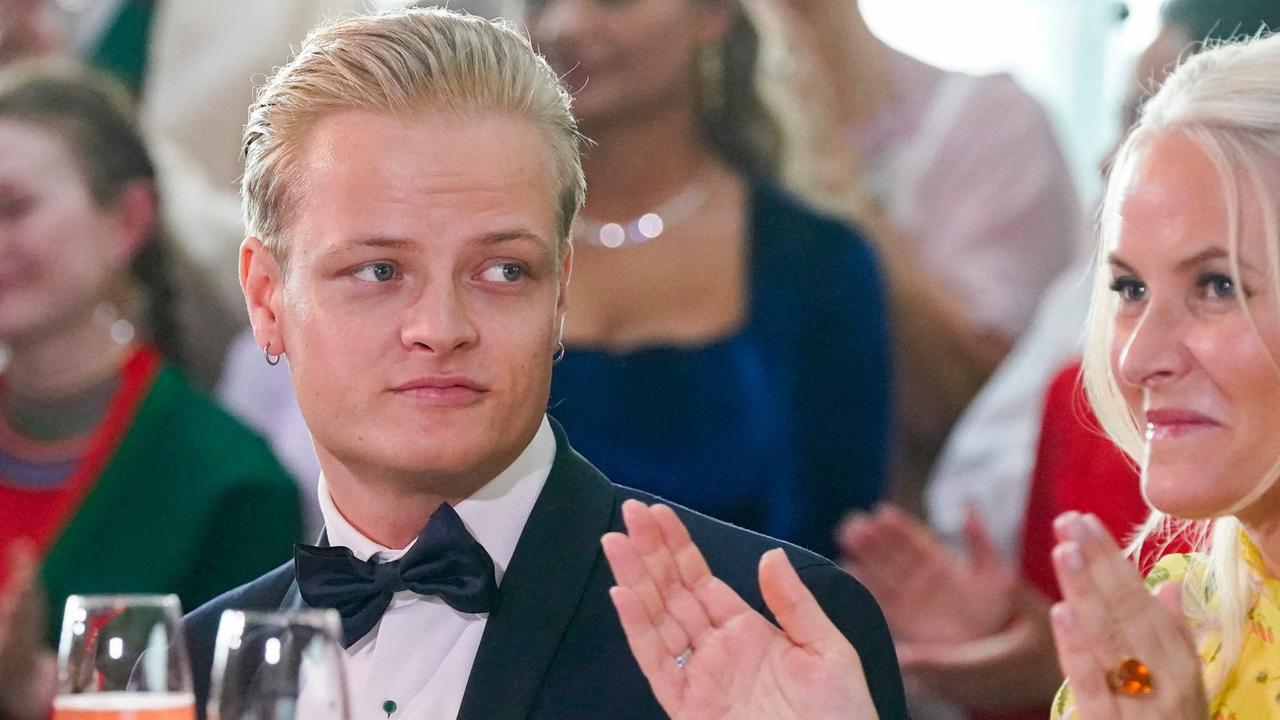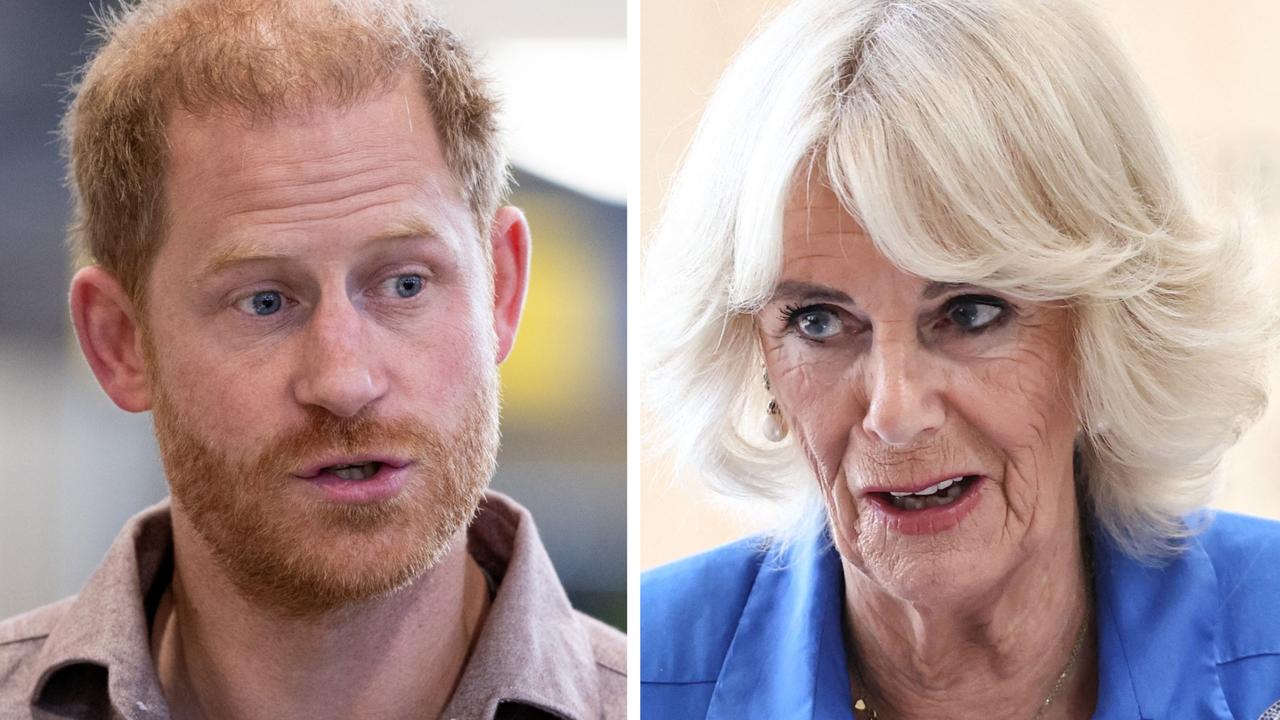Indigenous artist demands repatriation of warriors’ remains after Queen Elizabeth’s death
Countless Aussies are mourning the death of Queen Elizabeth – but her passing has exposed a dark truth that can’t be ignored.
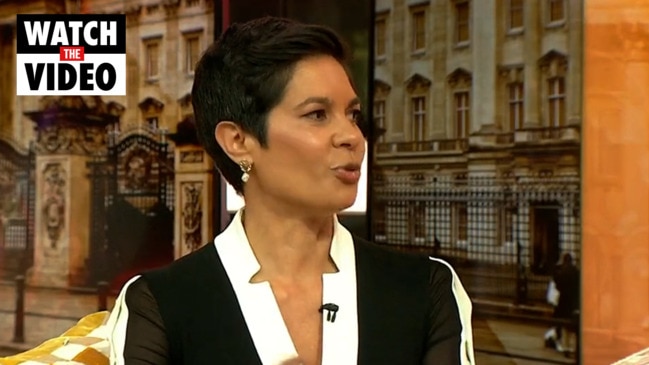
Queen Elizabeth’s death has sparked an unprecedented outpouring of emotion – but there’s a harrowing reason not every Australian is mourning.
For many Indigenous Australians especially, the death of the monarch brought up complex emotions given the nation’s painful history of colonisation under the British crown.
We’ve seen very public examples of that, with Victorian Greens Senator Lidia Thorpe accusing the royal institution of “genocide” while Indigenous NRLW star Caitlin Moran was suspended by the NRL after she slammed Queen Elizabeth on social media.
Indigenous newsreader Narelda Jacobs also made headlines after she revealed she was not mourning the Queen’s death, and called for an apology to First Nations people over Britain’s colonial history.
The Studio 10 morning show presenter described the monarchy as a “symbol of colonisation” and said nothing had been done to “make up for that” during the Queen’s 70-year reign.
“There was a great wrong that was done,” Jacobs said.
“Australia was settled without the consent of First Nations people that were here.”
These examples were divisive, with some criticising the public figures for not showing enough respect during a period of mourning.
But with Australia now contemplating its future under newly-minted King Charles III, and the possibility of becoming a republic making headlines once again, more and more attention is turning to our difficult past – and what needs to be done to heal.
‘Continuing to suffer’
Prime Minister Anthony Albanese – a staunch republican – has insisted a referendum on becoming a republic is off the cards until his second term, at least.
That’s because he and his government are committed to holding another referendum, to recognise Indigenous people in the constitution, during his first three years in power.
In a recent interview with CNN, ANU Professor and Vice-President First Nations Peter Yu said there were “strong emotions” among the Indigenous population in the wake of the Queen’s death.
Stay up to date with the latest news on the British Royals with Flash. 25+ news channels in 1 place. New to Flash? Try 1 month free. Offer ends 31 October, 2022 >
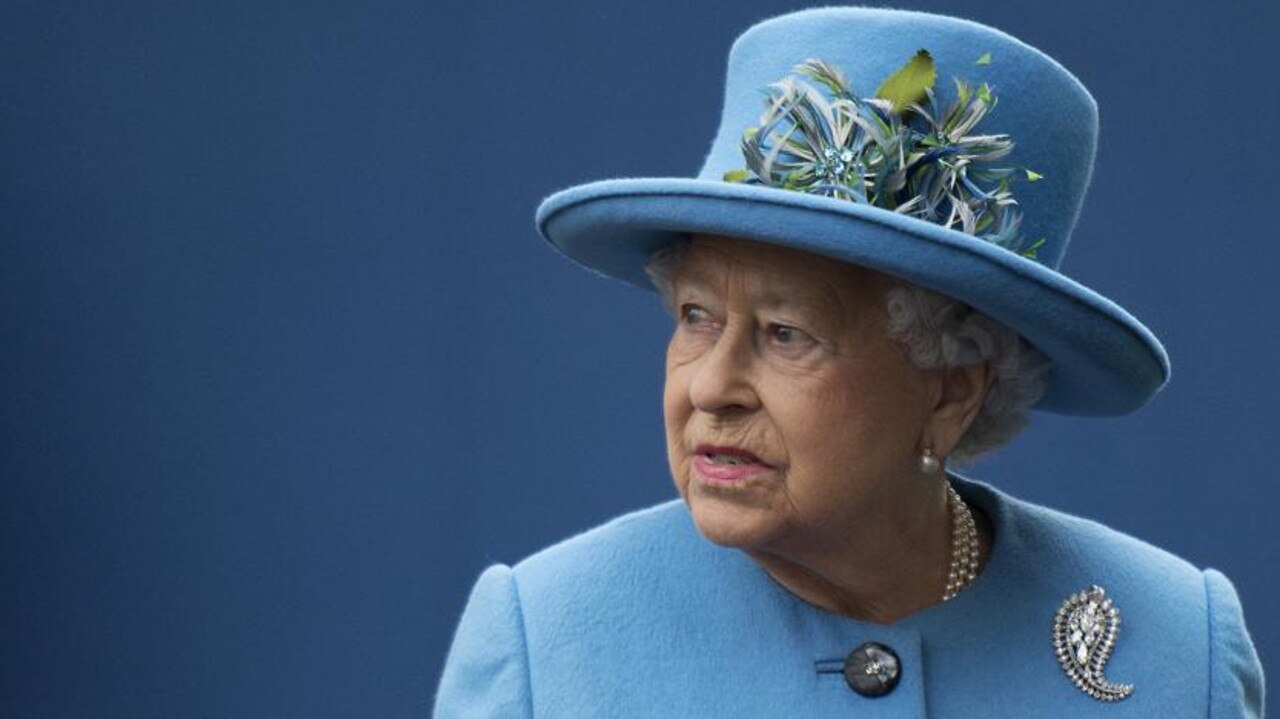
“ … we are continuing to suffer the full force of the consequences of colonisation,” he told CNN.
“But do we hold her personally responsible for it? I don’t.
“Who I hold responsible for it is the Australian government … governments who deliberately neglected their duty of care. That’s what I’m angry at.”
Mr Yu, who met the Queen in the 1960s, told CNN the issue of becoming a republic was less of a priority than “settling the matter with the First Peoples”.
“For me, It’s a nonsense. It has no integrity. It has no sense of moral or soul,” he said.
‘Nobody talks about it’
For renowned Indigenous artist and activist Allan McKenzie, a proud Gamilaroi/Wiradjuri man, the Queen’s death was an important opportunity to start a national conversation about one of the lesser-known – but incredibly traumatic – aspects of our history.
From the late 18th century and well into the 20th, the remains of thousands of Aboriginal ancestors were taken overseas by museums, educational institutions and private collectors.
In 2019, the Return Reconcile Renew website launched with the goal of raising awareness about the importance of repatriating the remains, with the cause gaining momentum in recent years.
That year, London’s Natural History Museum returned dozens of remains, but to this date, hundreds if not thousands remain scattered across the globe.
Mr McKenzie recently went viral after posting about the issue on social media and insisting it was time for the royal family to step in and make amends for the harms caused by their ancestors.
“Just sit back and think of what Aboriginal people have faced during the time frame the Commonwealth has dictated to my people … My heart has been and always will be for justice of our ancestors that lay in boxes in museums as spectacles,” he posted.
He told news.com.au he had nothing against the royal family as individuals and that he was actually impressed by the values of Prince Harry – who he met after performing for him in Dubbo, along with wife Meghan – during their Australian tour in 2018.
But he said the throne represented the damage done to his people.
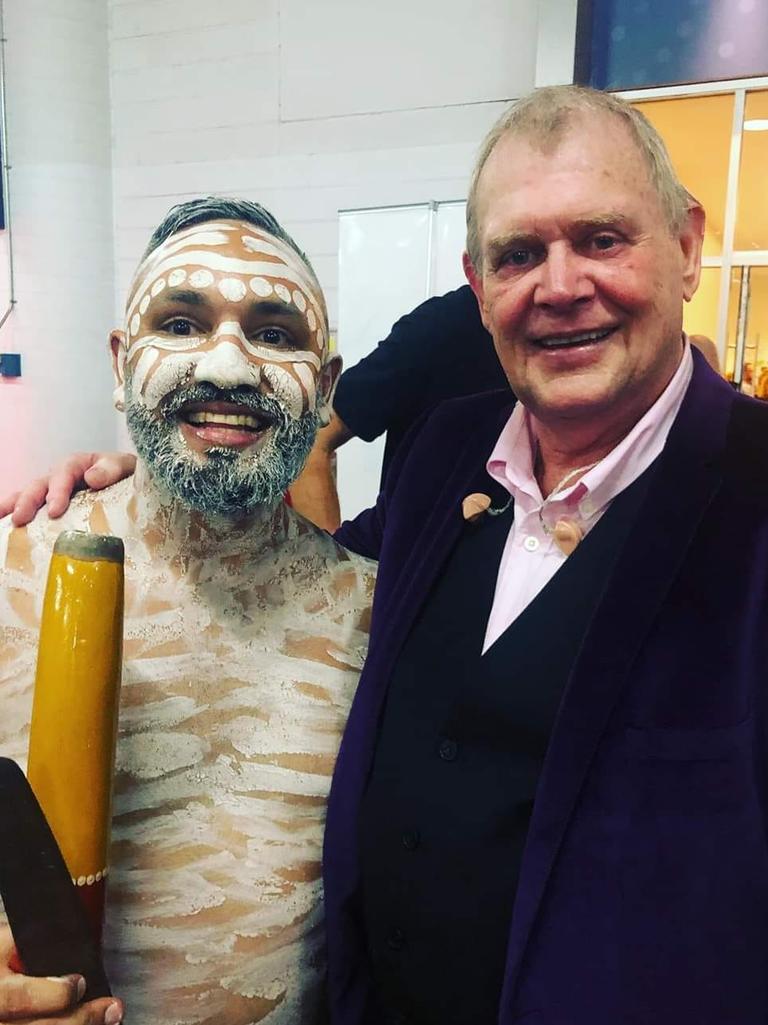
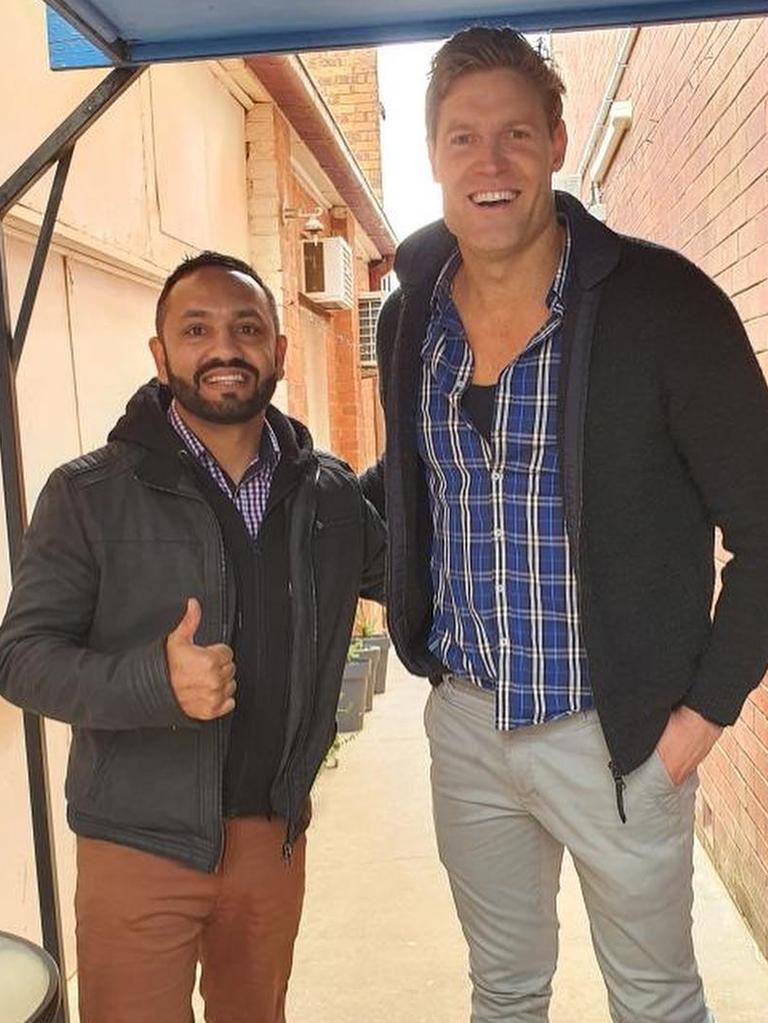
“I’m sick of seeing everyone glorifying this woman – yes she was elegant and lovely and did amazing things, but all that wealth those fellas obtained from native people from so many different countries … there were no treaties, they raped and pillaged people, and that’s what the crown symbolises,” he explained.
“I get a lot of people abusing me, but at the end of the day when you raise a topic like this, it starts a conversation. A lot of people say now is not the time because they are mourning the Queen, and fair enough – I’m not being disrespectful of her.
“But when is the right time to have a conversation about how the monarchy depleted the resources and destroyed the identities of First Nations people in many countries? I feel it’s important that people know about it.”
Mr McKenzie said the royals had a duty to champion the repatriation cause, as it happened under the crown’s watch and with its blessing.
“The royal family were receiving people’s bodies back in the early 1900s, and nobody in Australia talks about it,” he said.
“Most of the wealth they acquired over lifetimes came at the expense of the traditional owners of the lands that were fractured by these people.
“Some people say, ‘can’t they (Indigenous people) just get over it?’, but they don’t realise the scars from the past remain and when it comes to the Stolen Generation, it wasn’t that long ago.”
He said he wanted to spark a respectful, wider conversation about Australia’s “dark history” and said many past atrocities committed against Indigenous people were not yet widely known.
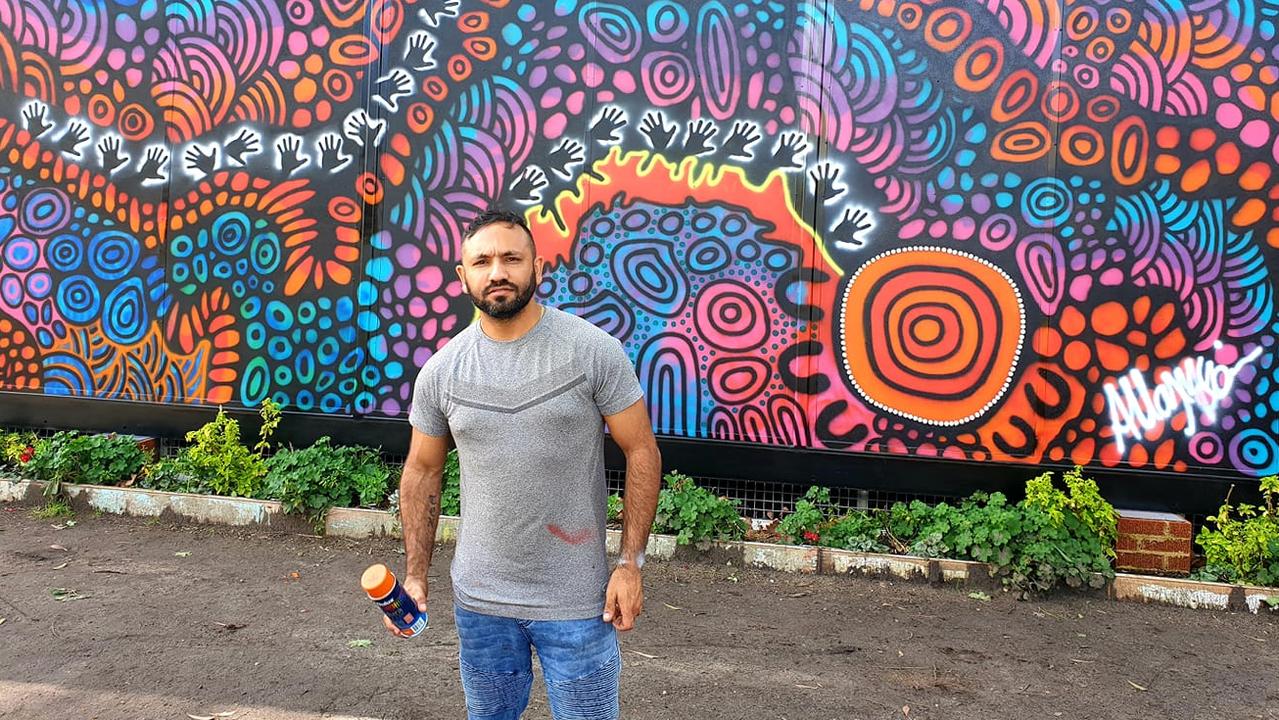
“People are getting all twisted and saying I’m blaming everything on the Queen but I’m not. But when I look at New Zealand and see how both sides embrace each other’s culture, it makes me sad. You go to New Zealand and see white people doing the haka and speaking the traditional language because they are so passionate about their country – I’m blown away by it, and why can’t we be like this?” he said.
“I believe that as a country we are getting closer to doing that and I hope and pray in my lifetime we will see black and white coming together and embracing Aboriginal culture and having a united front.
“Charles is not my King and I’d like to see us tell England we don’t need them, and that we are our own country that can stand alone – that would be beautiful to see.
“We’re a nation that bows to a crown across the ocean 36 hours away, but when are we going to stand together as one? It’s 2022 – we shouldn’t be divided.”
Mr McKenzie said he would love to see all Aussies unite for the same cause.
“I don’t think we’ll ever have a treaty in Australia (with Indigenous people) but we should all be proud to live in a country with the oldest surviving culture, and white people should never feel like they can’t be included in that because we are from the same country, we have the same roots and we will all go back to the same earth one day,” he said.
“It’s called being a good human – we should all come together as one country and fight together to preserve Aboriginal culture, and try and get the remains of Aboriginal people brought back.
“It would be good to have mainstream Australia stand with Aboriginal people on this – you don’t have to be black, people should stand together because we all call ourselves Australian.”
More to say? Contact alexis.carey@news.com.au




